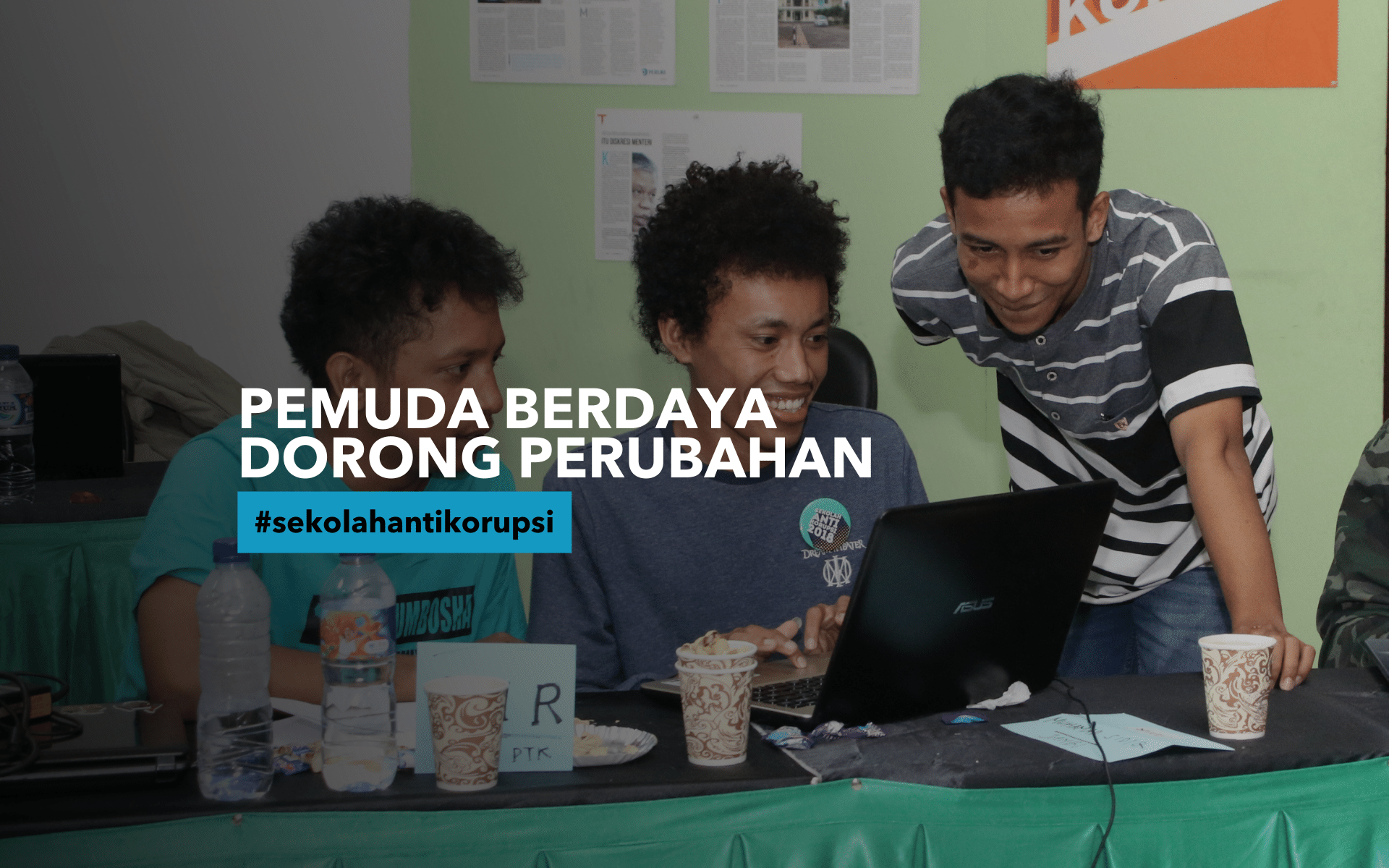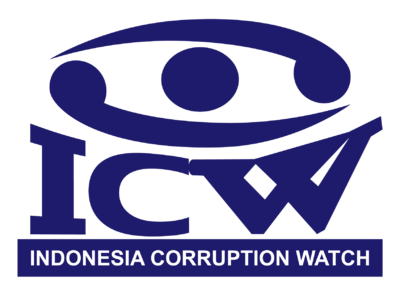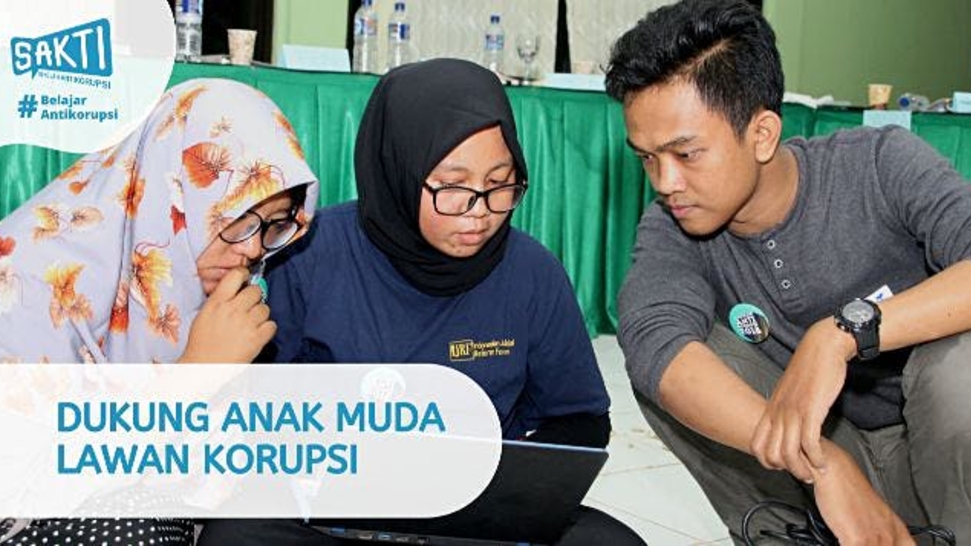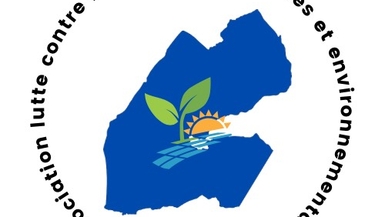Campaign Status
Campaign Completed: The campaign has achieved successful funding, raising $7,000 through the Kitabisa platform and donations received on the organization's own website.
Summary
The campaign aims to provide anti-corruption education for young people, empowering them to actively contribute to creating a corruption-free Indonesia and fostering positive change.
Challenge
Communities are often the first to bear the impact of corruption, evident in the challenges they face in accessing quality public services. Corruption, typically associated with unlawful acts and the misappropriation of state funds involving both public officials and private actors, has far-reaching consequences.
The effects of corruption extend beyond the immediate act itself, leading to delayed development in certain areas, hindering community access to education and health due to budget misallocation into the hands of corrupt individuals.
Given that people are direct victims of corruption, it becomes imperative for them to actively participate in preventing and, where possible, combating corruption within their surroundings.
Envisioning the future, young people will soon occupy influential positions in their regions, influencing policies that can significantly impact regional progress and elevate the standard of living for many. It is disheartening that a majority of the youth, who make up a significant portion of the Indonesian population and are considered potential agents of change, often lack the necessary enthusiasm, skills, and understanding about anti-corruption measures. Yet, corruption is a challenge they will inevitably confront.
Solution
To realize the change they aspire to, they must equip themselves with the ability to address corruption effectively. To realize this dream, ICW has developed a collaborative work plan to engage young people from diverse regions in Indonesia actively in the fight against corruption through the implementation of Corruption School.

Since 2013, we have trained approximately 100 anti-corruption cadres, dispersed across various regions. Remarkably, 40% of them remain actively involved in group initiatives and individual activities, tirelessly campaigning for the anti-corruption movement and striving to effect positive changes in their respective regions. With this campaign, we aim to further our cause by educating young people about anti-corruption.




